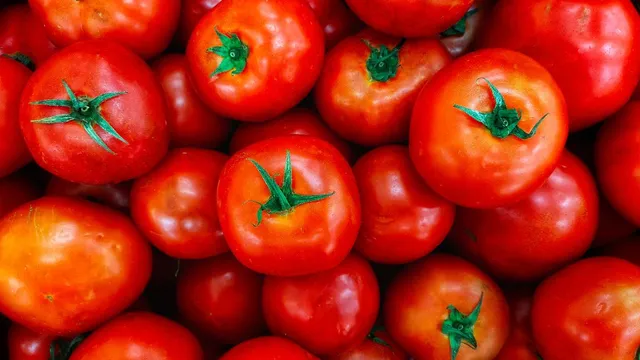- By Deeksha Gour
- Fri, 08 Aug 2025 06:52 PM (IST)
- Source:JND
Delhi News: Tomatoes will now be available in Delhi at rates up to Rs 13 lower than the current market price, with the Centre announcing retail sales at Rs 47 to Rs 60 per kilogram. The move aims to give relief to consumers facing a price surge caused by recent rains.
The Ministry of Consumer Affairs said on Friday that the National Cooperative Consumers' Federation of India (NCCF) is handling procurement and sales. Since 4 August, NCCF has been buying tomatoes from Azadpur mandi and selling them at minimal margins. So far, it has sold 27,307 kilograms in the city.
ALSO READ: Delhi Restaurant Denies Entry To Couple For Wearing Traditional Indian Clothes, Faces Backlash
Sales are taking place through fixed counters at Nehru Place, Udyog Bhawan, Patel Chowk and Rajiv Chowk, along with six to seven mobile vans covering other areas. Officials said a similar approach was used in earlier years when tomato prices spiked.
Delhi’s average tomato price currently stands at Rs 73 per kg, higher than Chennai’s Rs 50 and Mumbai’s Rs 58. According to the ministry, heavy rainfall in northern and north-western states since late July reduced arrivals in Delhi, pushing retail prices up to Rs 85 per kg by the end of the month.
With supplies to Azadpur mandi now improving, both wholesale and retail rates in the capital have started to fall. The all-India average price of tomatoes is Rs 52 per kg, slightly below last year’s Rs 54 and far less than the Rs 136 recorded in 2023.
The ministry also pointed out that other key vegetables are under control this monsoon season. Higher production in 2024–25 has ensured adequate supplies of potatoes and onions. A buffer of three lakh tonnes of onions has already been built, with calibrated releases scheduled from September to keep prices stable.
Overall food prices have remained largely steady through 2025. As of 8 August, most essential commodities monitored by the ministry are either unchanged or cheaper than a year ago. A 14 per cent drop in the cost of a homemade thali in July reflects the continuing moderation in food inflation.

